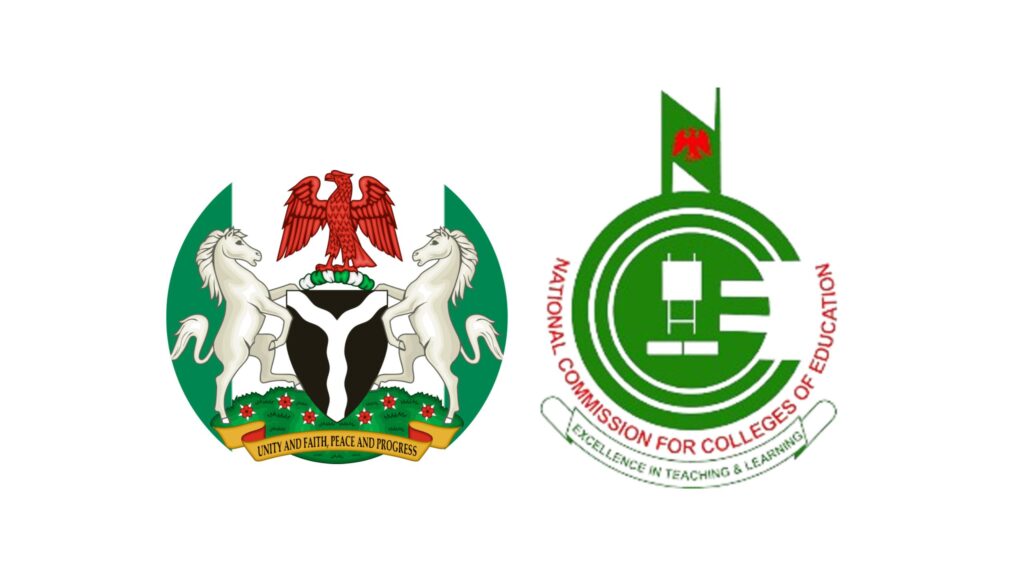The National Commission for Colleges of Education (NCCE) has uncovered and shut down 22 illegal Colleges of Education operating in different parts of the country. This was disclosed in the commission’s recent performance report, which highlighted its efforts to sanitize the education sector.
According to the report, the illegal institutions were identified during a nationwide crackdown aimed at addressing the proliferation of unlicensed colleges awarding certificates without proper accreditation. The commission described the move as necessary to protect the integrity of Nigeria’s educational system.

The NCCE stated that aside from shutting down these institutions, it also embarked on a series of reforms including personnel audits and financial monitoring across all 21 federal Colleges of Education in the country. These efforts, the commission noted, are part of a broader plan to ensure accountability and quality in the management of teacher education institutions.
This development follows President Bola Tinubu’s directive that regulatory agencies in the education sector, including the National Universities Commission (NUC) and the National Board for Technical Education (NBTE), must intensify their fight against “illegal higher institutions” and certificate racketeers undermining national education standards.
The President, represented by Rakiya Ilyasu, Director of University Education at the Federal Ministry of Education, spoke at the 14th Convocation of the National Open University of Nigeria (NOUN) in Abuja. He described such illegal colleges as “certificate millers” and stressed the need for decisive action to restore credibility in Nigeria’s education sector.
President Tinubu further assured that his administration is fully committed to strengthening the synergy among educational regulatory agencies to ensure efficiency and sustainability. According to him, collaboration between the NUC, NBTE, NCCE, the Joint Admissions and Matriculation Board (JAMB), and the National Youth Service Corps (NYSC) is crucial in eliminating fraudulent academic practices.
He added that the government is determined to prevent cases of forgery, fake certificates, and unrecognized institutions from compromising the academic system. The President noted that these institutions not only deceive unsuspecting students but also erode the credibility of Nigeria’s workforce.
Stakeholders in the education sector have welcomed the move, describing it as timely and necessary. According to them, the proliferation of unlicensed institutions has contributed significantly to the rising number of half-baked graduates and the growing lack of confidence in the country’s tertiary education system.
Education analysts also urged the NCCE to work with security agencies to ensure that the operators of these illegal colleges face prosecution. They argued that shutting down the schools alone is not enough, as stronger punitive measures are needed to deter future offenders.



